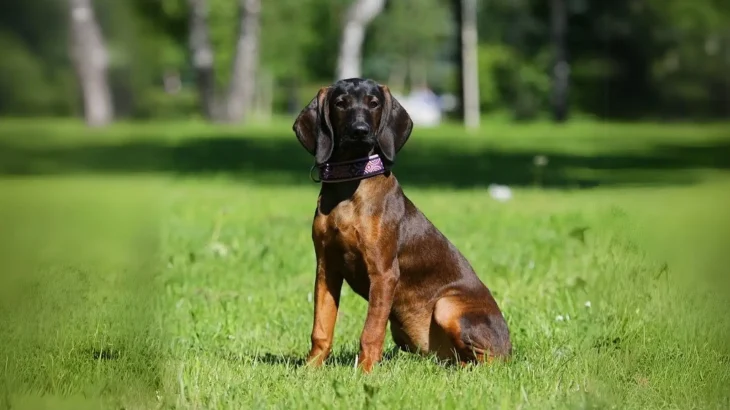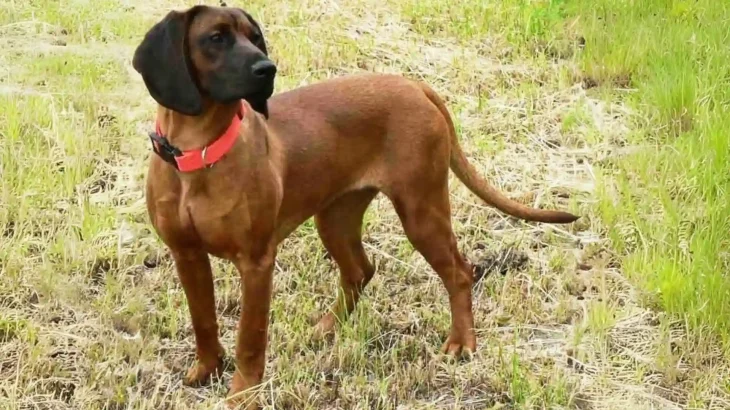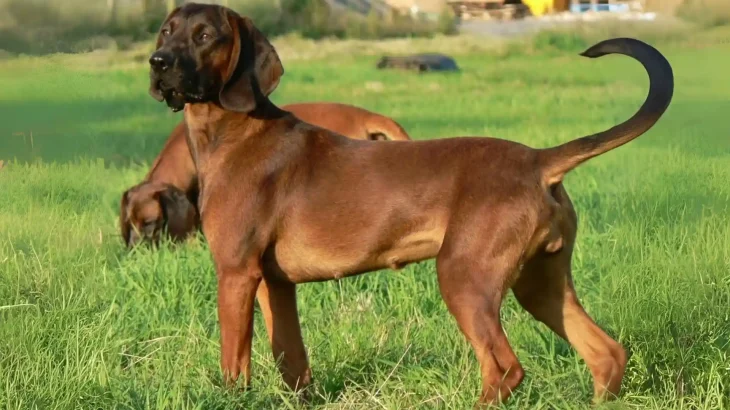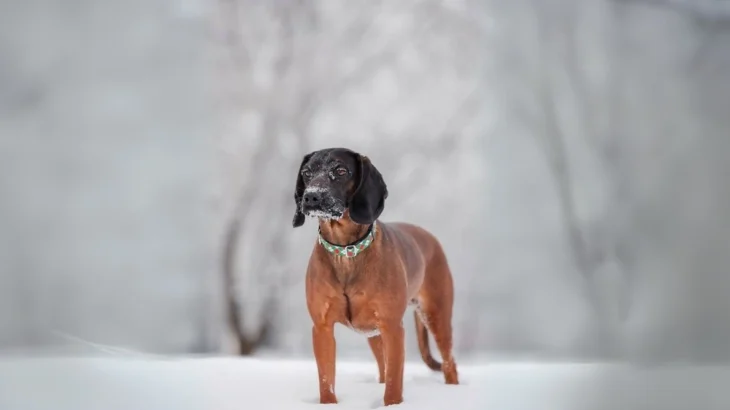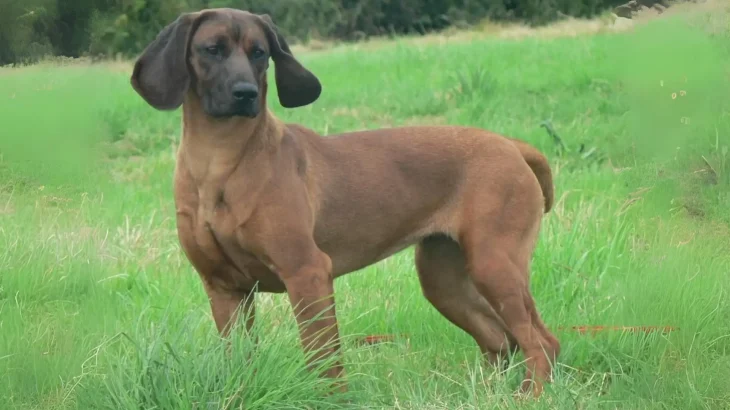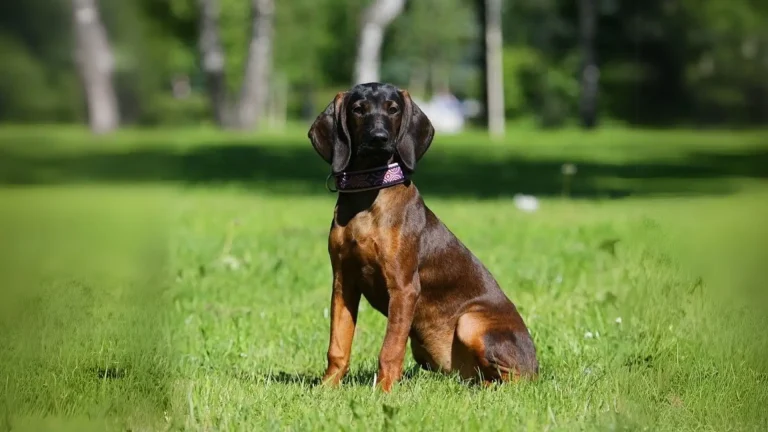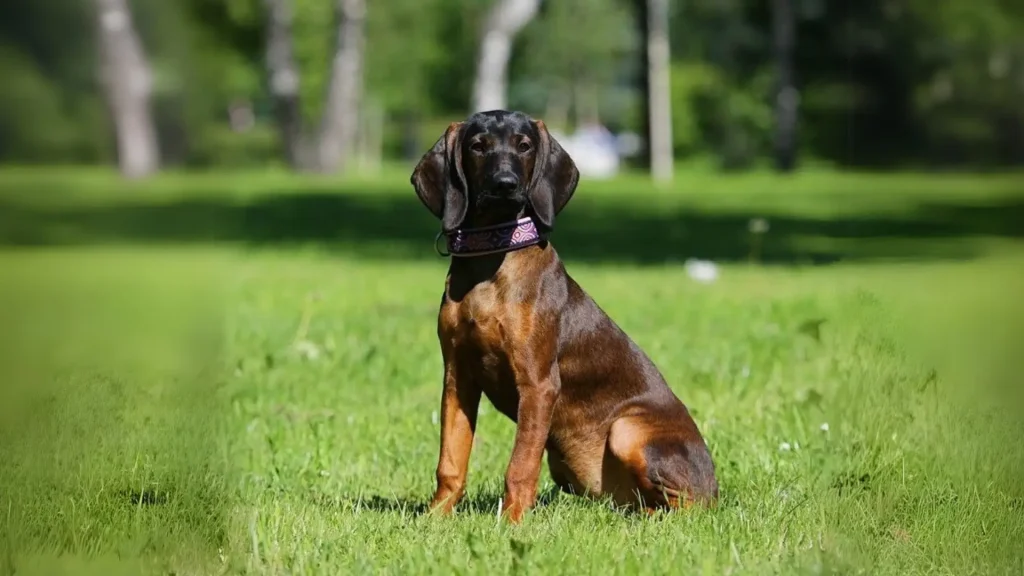Deciding between adopting or purchasing a Bavarian Mountain Scent Hound puppy depends on what you value most: helping a dog in need or obtaining a pup with detailed background info. Adoption lets you offer a home to a dog, usually at a lower cost, while buying from a reputable breeder typically provides health and pedigree details, important for this rare breed.
Adoption vs. Breeder: Pros & Cons
| Criteria | Buying from Breeder | Adopting from Shelter/Rescue |
|---|---|---|
| Cost | Higher costs due to breed rarity and pedigree, often several hundred to over a thousand dollars. | Lower adoption fees; may include vaccinations and spay/neuter. |
| Health History | Detailed health records and genetic screening usually available. | Health background may be limited; basic vet checks are typically done. |
| Age Availability | Usually puppies, allowing you to raise them young. | Various ages available, including adults who may be trained. |
| Temperament Insight | Breeders provide info on lineage and expected traits. | Shelter staff share behavioral observations; less background certainty. |
| Supporting Practices | Supports breed preservation with ethical breeders. | Supports animal welfare by helping dogs in shelters. |
| Breed Purity & Pedigree | Clear documentation usually provided. | Breed purity not guaranteed; mixed or unknown lineage possible. |

